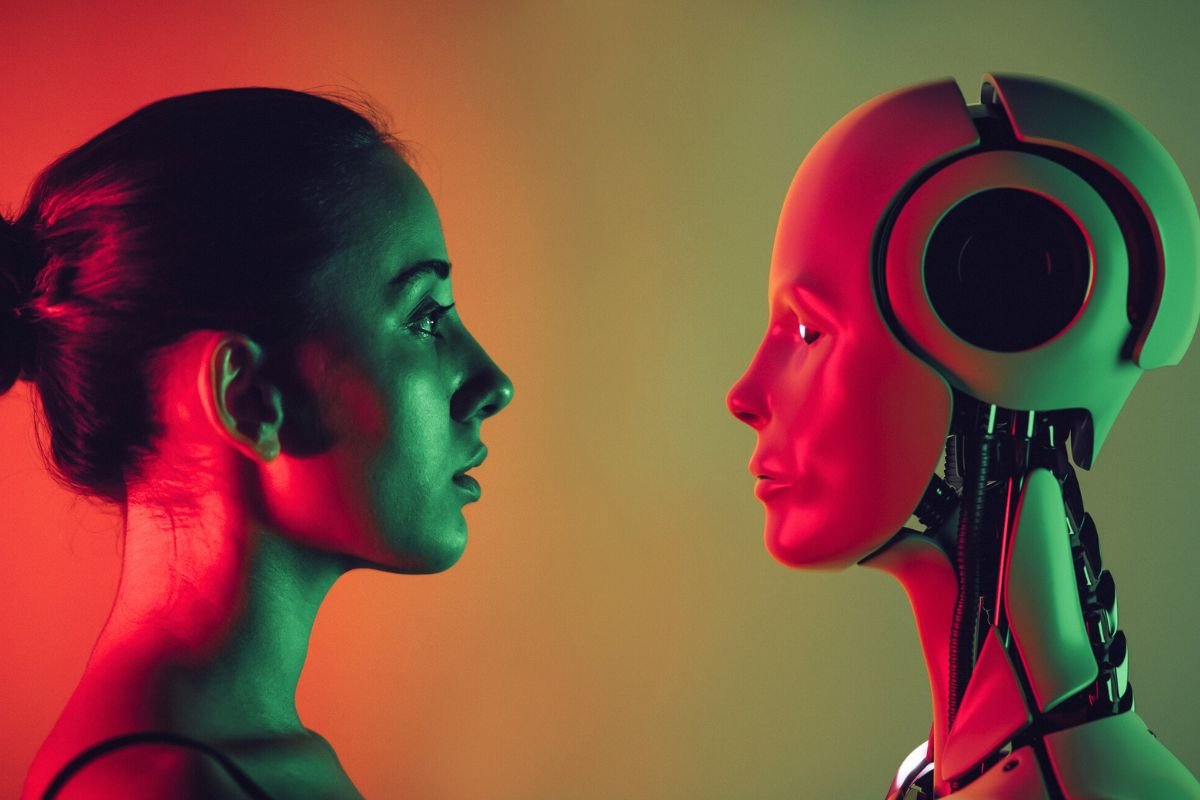Imagine a world where every snapshot you take—whether it’s your morning coffee, your dog’s funniest face or that accidental blurry selfie—could be whisked off your camera roll and used to make Facebook’s filters sharper. Meta is now quietly testing an option that does exactly that, offering users the promise of AI-enhanced edits in exchange for access to all the photos on their device, including those never shared online.
How the “Cloud Processing” Feature Works
When you tap to add a photo to your Facebook Story, some users in the U.S. have spotted a prompt inviting them to enable “cloud processing.” Granting permission lets Facebook routinely scan your phone’s gallery, uploading selected images to Meta’s servers. In return, the platform can automatically suggest AI-tweaked versions—anything from subtle touch-ups to playful collages.
According to Maria Cubeta, a Meta spokesperson, the test is simply about “making it easier for people to share content by surfacing ready-to-post suggestions organised from their personal camera roll.” In practice, however, hitting “allow” also gives Meta AI the right to analyse the facial features, timestamps and objects in your unpublished photos.
Privacy Concerns and Vague Terms
Despite Meta’s assurances that this trial “does not use your photos to improve or train our AI models,” the fine print in Meta’s AI Terms of Service (updated June 2024) remains alarmingly ambiguous. There’s no clear end date for how long your images will be stored, nor explicit limits on future use. Contrast this with Google Photos, whose parent company pledged not to feed private images into its generative AI systems—Meta’s stance feels deliberately opaque.
If you’re uneasy, Facebook does allow you to disable cloud processing in settings. Meta says unpublished photos will be “gradually deleted” from its servers after 30 days. But for those who opt in, every unposted picnic snap, document scan or artistic experiment becomes fair game for refining AI filters—whether you ever intended to share them or not.
As AI features become more intrusive by design, the choice falls to users: exchange complete privacy for convenient, algorithm-driven edits, or keep your camera roll strictly yours. Either way, it’s a stark reminder that in today’s digital landscape, “private” photos may not be as private as we assume.



